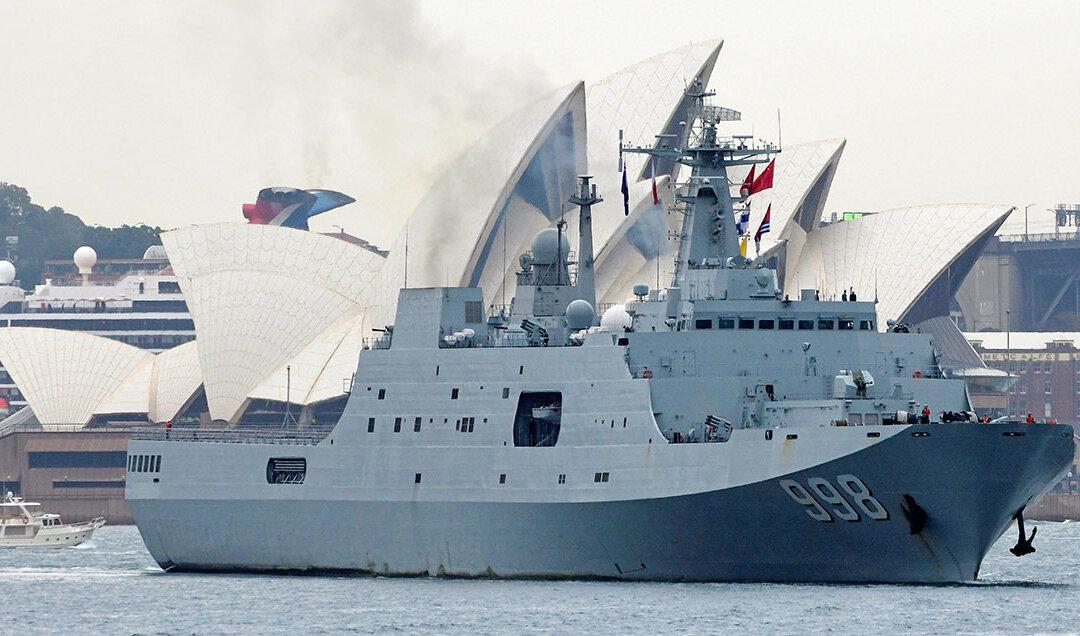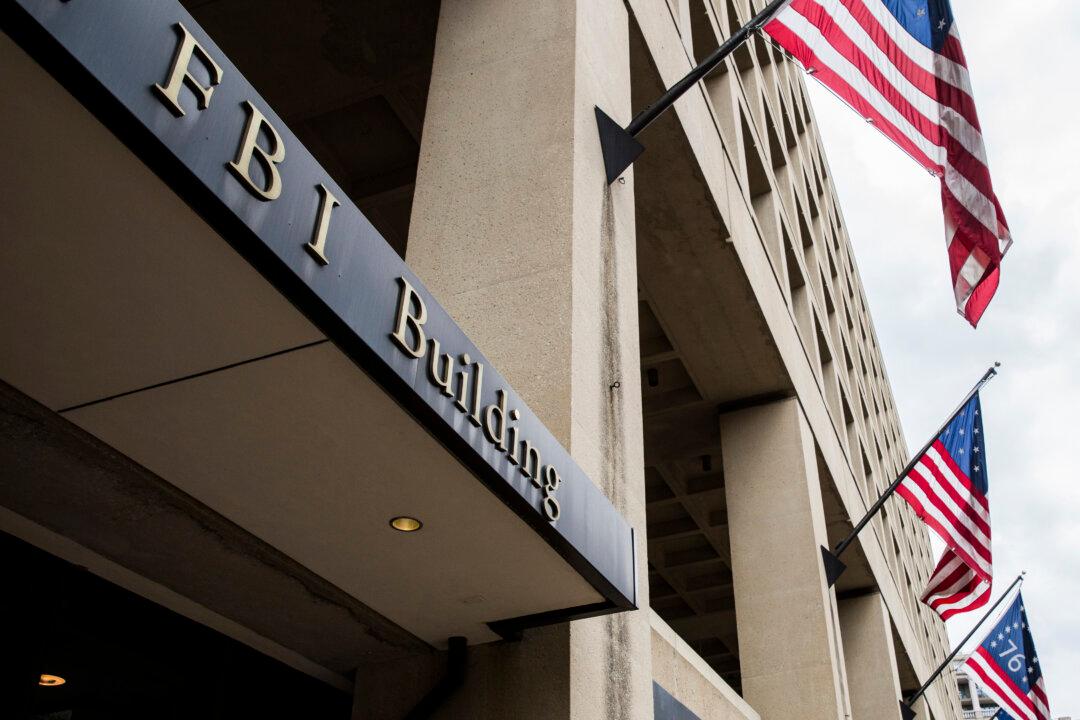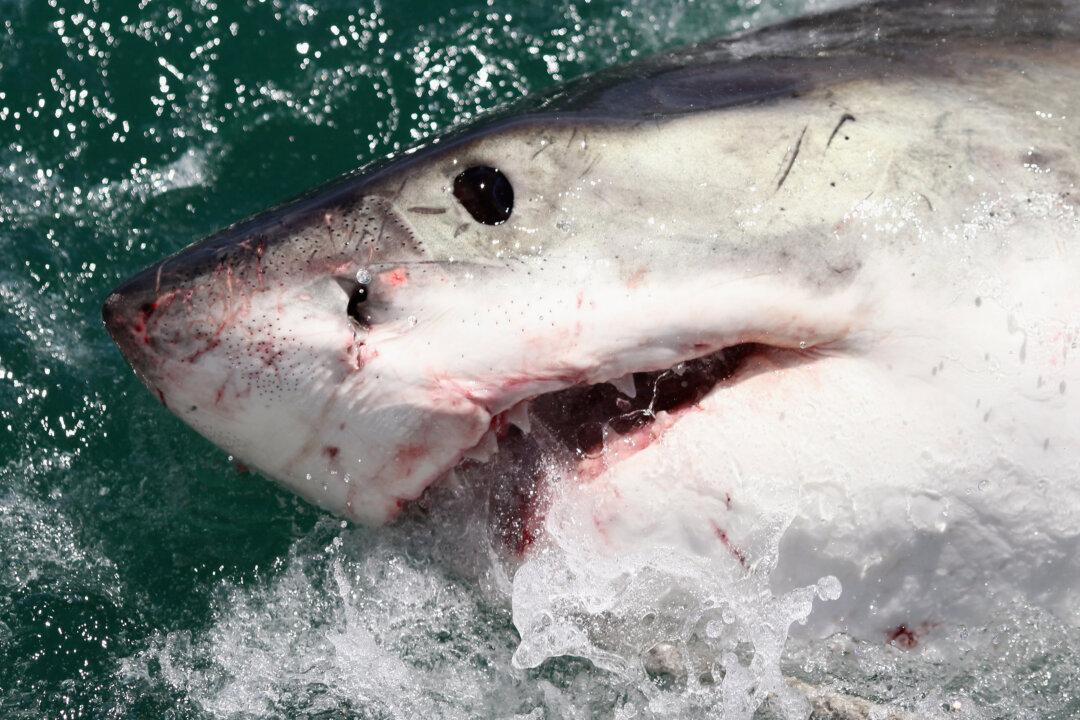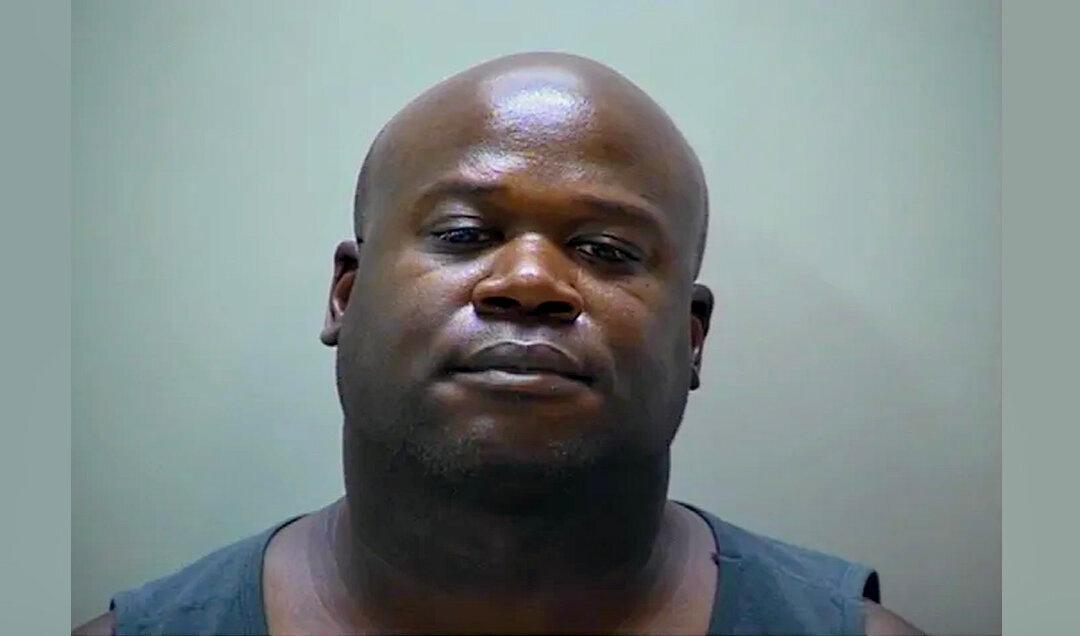Three warships are on their way back to mainland China carrying many cartons of baby formula after an unannounced visit to Sydney Harbour, Australia.
For four days, a Chinese frigate, supply ship, and amphibious warfare vessel were docked at the Garden Island Navy Base, 5 kilometers (3 miles) east of downtown Sydney.





